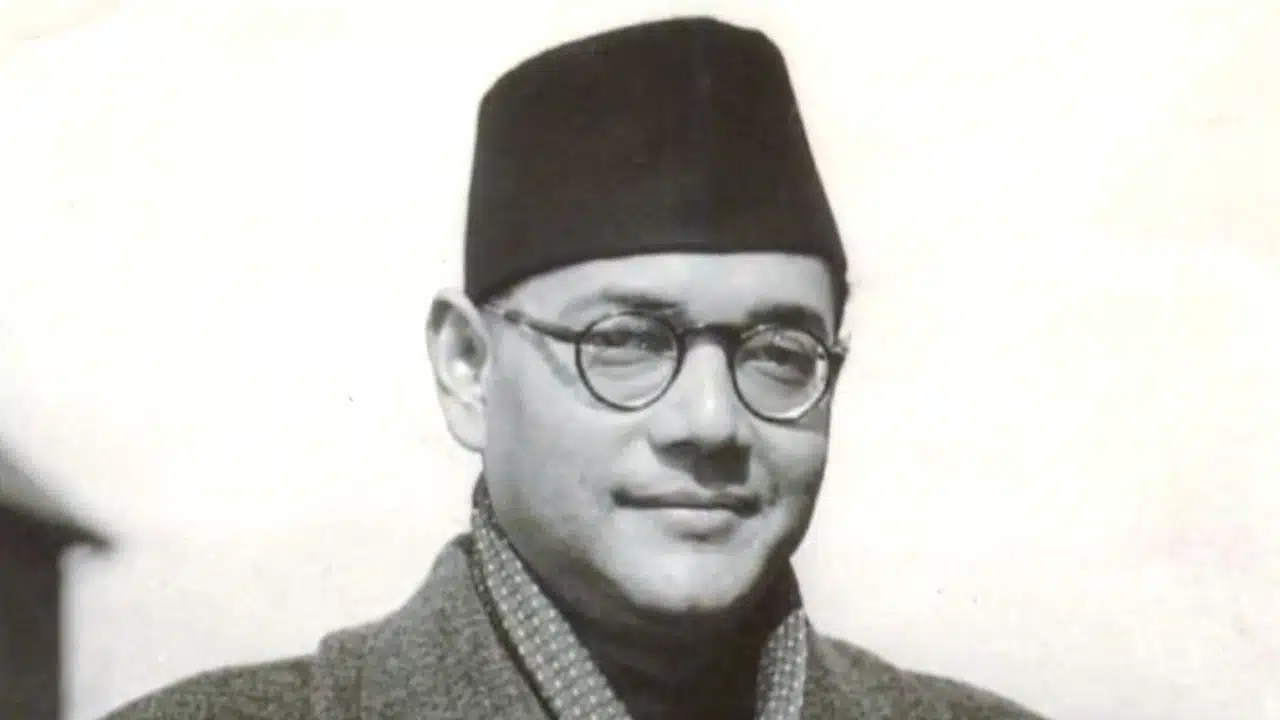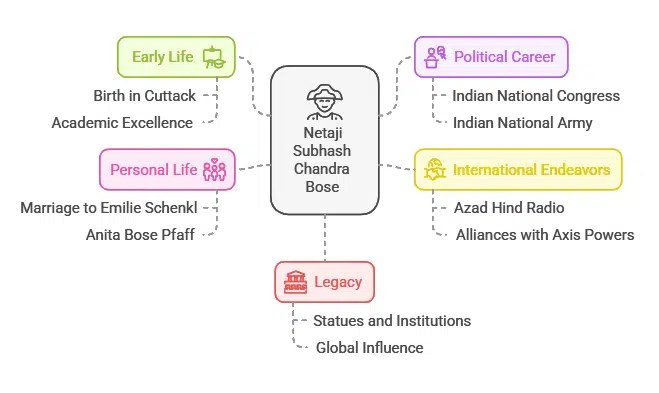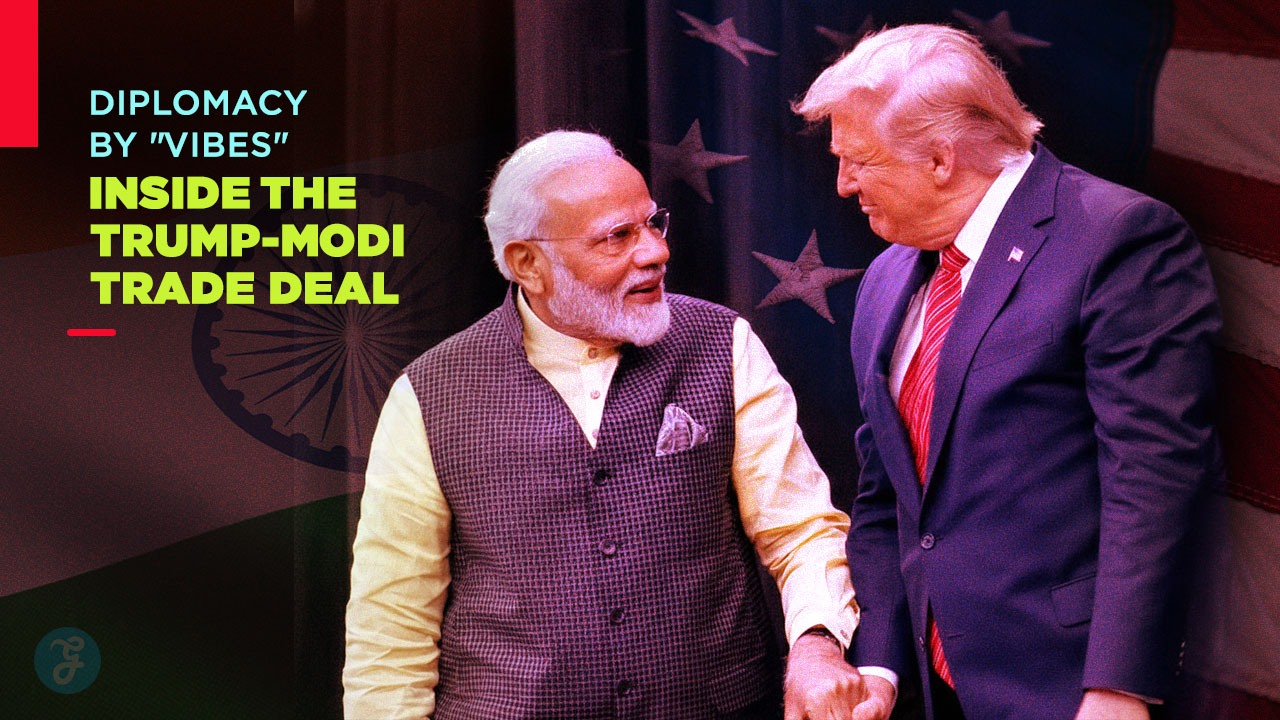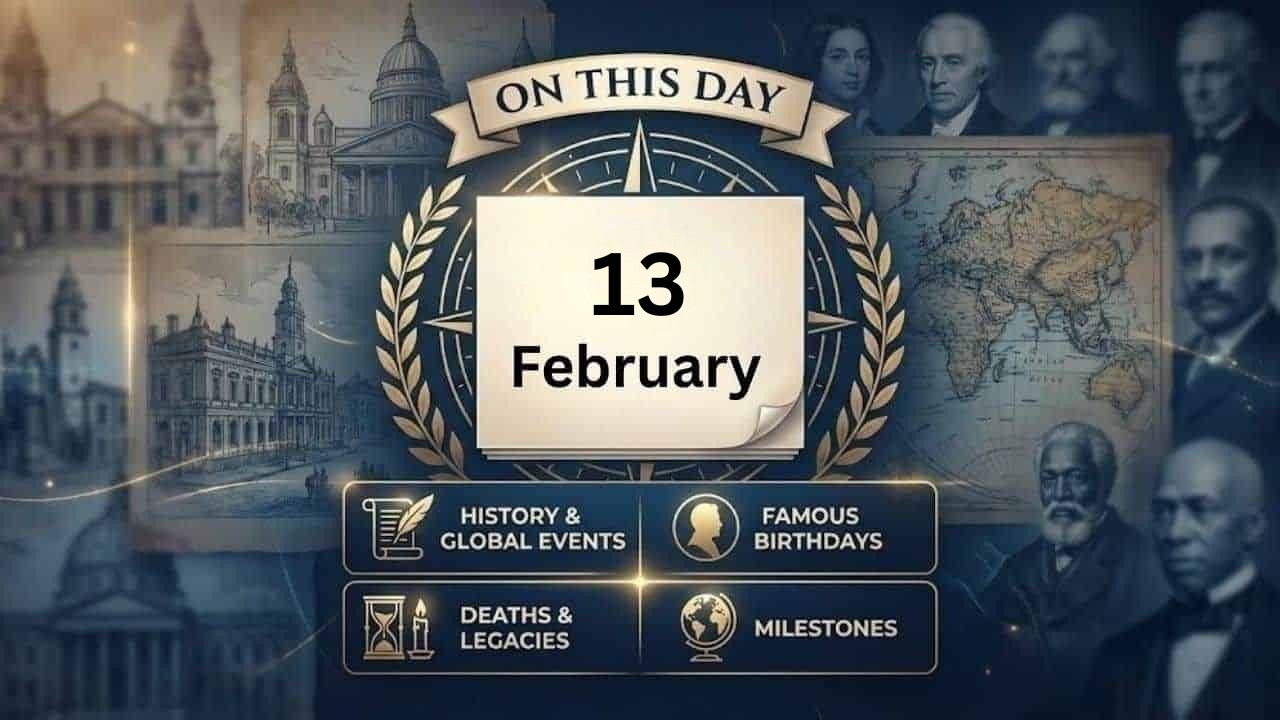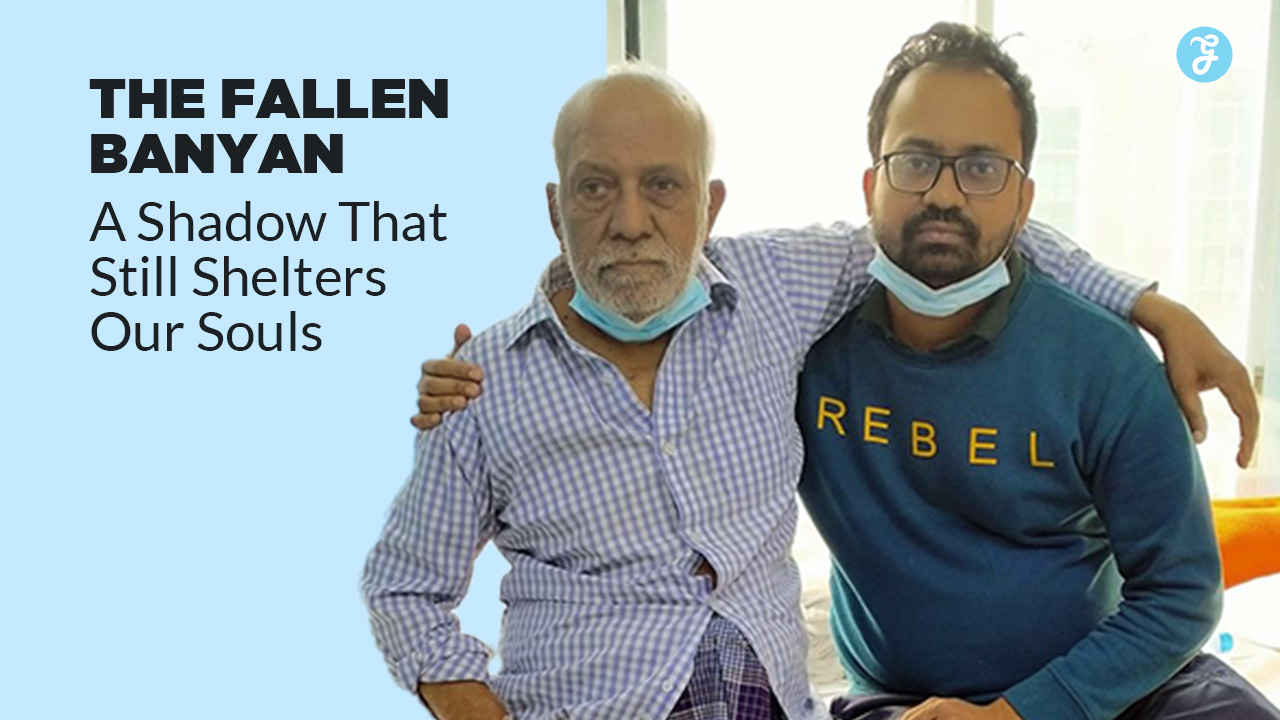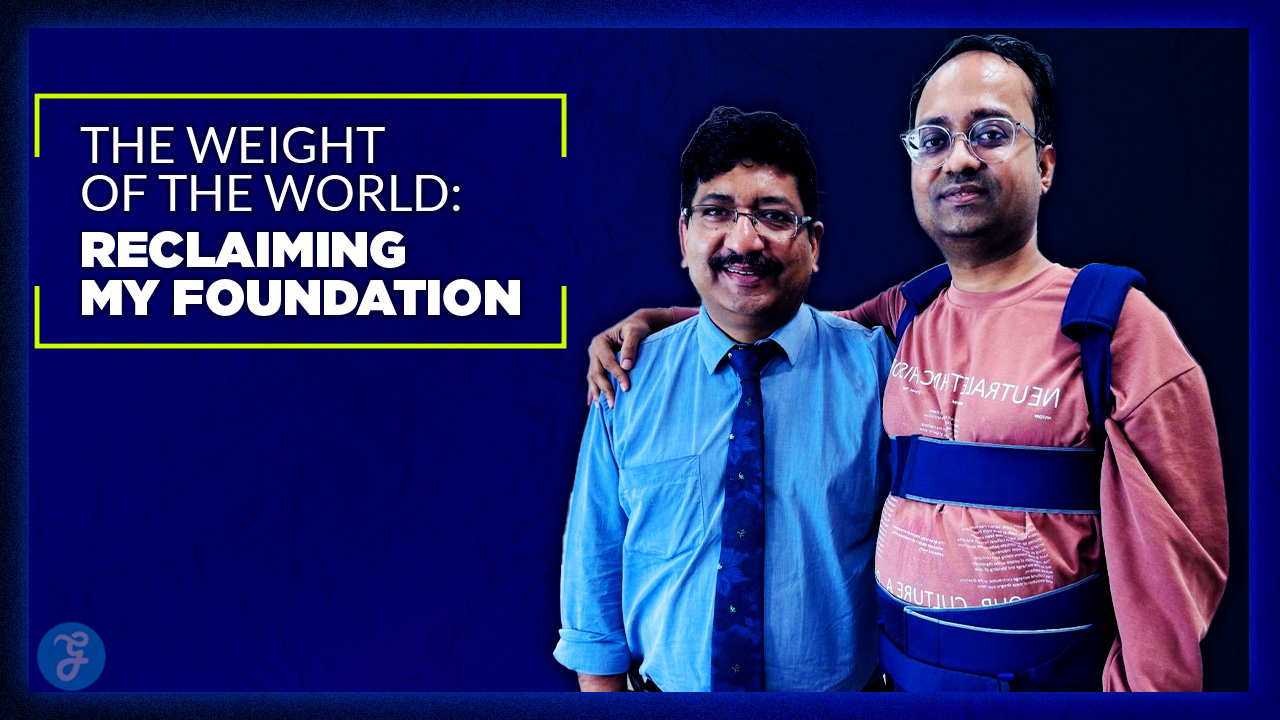As India commemorates the birth anniversary of Subhash Chandra Bose, fondly known as “Netaji,” the nation pays tribute to a leader who redefined the struggle for independence. January 23 serves as a day of remembrance and inspiration, honoring Bose’s unwavering determination, revolutionary ideas, and the extraordinary legacy he left behind.
Bose’s life was a powerful blend of intellect, patriotism, and fearless action. From resigning from the prestigious Indian Civil Services (ICS) to leading the Indian National Army (INA) during World War II, his story is a testament to the spirit of resilience and sacrifice.
A Visionary Leader and Revolutionary
Born on January 23, 1897, in Cuttack, Odisha, Subhash Chandra Bose hailed from a prominent Bengali family known for its progressive ideals. Early in life, Bose displayed remarkable intelligence and a strong sense of patriotism.
He graduated in Philosophy in 1918 and later passed the ICS examination in 1919, securing the fourth rank. However, in a bold move that defined his character, Bose resigned from ICS in 1921, rejecting a life of servitude under British rule.
Unlike many leaders of his time, Bose believed in a more aggressive approach to achieving freedom. His leadership of the INA showcased his belief that armed struggle was essential to overthrow the British Empire. His famous words, “Give me blood, and I shall give you freedom,” continue to inspire generations of Indians.
A Symbol of Patriotism
Netaji’s vision of independence transcended regional, cultural, and ideological divides. He recognized the need for a unified India and worked tirelessly to build a movement that represented the aspirations of all Indians. His establishment of the Provisional Government of Free India in 1943 was a bold assertion of sovereignty that sent shockwaves through British authorities.
Despite his ideological differences with Mahatma Gandhi, Bose earned widespread respect and admiration. Gandhi himself referred to Bose as the “Prince among Patriots,” acknowledging his indomitable spirit and dedication to the cause.
The Title of ‘Prince Among Patriots’
Subhash Chandra Bose’s relentless dedication earned him admiration from across the globe. Indian and German officials often referred to him as the “Prince among Patriots.” This title symbolized his unparalleled commitment to the freedom struggle. His dynamic leadership of the Indian National Congress in 1938 and 1939 further demonstrated his political vision and charisma.
A Personal Life Shrouded in Secrecy
In 1937, Bose secretly married Emilie Schenkl, an Austrian woman, in a private ceremony. The couple had a daughter, Anita Bose Pfaff, who later became a renowned economist. Bose’s personal life remained largely unknown during his lifetime, adding an air of mystery to his already enigmatic personality.
The Enigma of His Disappearance
Bose’s life ended as dramatically as it was lived. On August 18, 1945, he was reported to have died in a plane crash in Taiwan. However, the lack of concrete evidence surrounding the crash has fueled decades of speculation. Theories about his survival and life in disguise have captured the imagination of historians, researchers, and the public alike.
Some believe he continued to live in secrecy, while others argue that his death was part of a larger conspiracy. Despite exhaustive investigations, the mystery of Netaji’s disappearance remains unsolved, keeping his legacy alive in the hearts of Indians.
A Legacy That Lives On
Subhash Chandra Bose’s vision and ideals continue to resonate with millions. His emphasis on unity, self-reliance, and unwavering commitment to the nation remain guiding principles for modern India. The slogans he popularized and the movements he spearheaded are a testament to his enduring influence.
Netaji’s book, The Indian Struggle, offers invaluable insights into the independence movement and stands as a bold critique of colonial rule. His dream of a united and free India continues to inspire, and his legacy is celebrated through monuments, institutions, and commemorations across the globe.
15 Key Facts About Netaji Subhash Chandra Bose
- Born in Cuttack, Odisha: Bose was born on January 23, 1897, into a prominent Bengali family. His father, Janakinath Bose, was a lawyer, and his mother, Prabhavati Devi, instilled strong spiritual values in him.
- Academic Excellence: Bose was a brilliant student and graduated in Philosophy from the University of Calcutta in 1918.
- Indian Civil Services Resignation: He ranked fourth in the ICS exam in 1919 but resigned in 1921, refusing to serve under British rule.
- Presidency of the Indian National Congress: Bose was twice elected President of the Indian National Congress, in 1938 and 1939. His tenure was marked by a progressive and radical approach to independence.
- Formation of the Forward Bloc: After ideological clashes with Gandhi, Bose formed the Forward Bloc in 1939 to consolidate a more aggressive faction within the Congress.
- Azad Hind Radio: While in Germany, Bose founded Azad Hind Radio to broadcast messages to Indians and rally support for the freedom movement.
- Provisional Government of Free India: On October 21, 1943, Bose declared the formation of the Provisional Government of Free India in Singapore, with himself as the Head of State.
- Leadership of the Indian National Army (INA): Bose led the INA, comprising Indian soldiers and prisoners of war, to fight against British forces with support from Japan.
- Slogan That Moved a Nation: His iconic slogan, “Give me blood, and I shall give you freedom,” became a rallying cry for the independence movement.
- Role in World War II: Bose sought alliances with Axis powers, including Germany and Japan, to challenge British rule in India.
- Marriage to Emilie Schenkl: Bose married Austrian Emilie Schenkl in 1937. They had a daughter, Anita Bose Pfaff, who later became an economist.
- Author of The Indian Struggle: His book, The Indian Struggle, chronicled India’s independence movement and was banned by the British for its bold criticism of colonial rule.
- Influence in Southeast Asia: Bose’s leadership inspired Indians in Southeast Asia, where he mobilized financial and moral support for the INA.
- The INA Trials: The British conducted trials of INA soldiers after World War II, which sparked widespread protests in India and reignited the freedom movement.
- Legacy Beyond Borders: Bose is remembered globally as a revolutionary leader. Statues, roads, and institutions are named after him in countries like Japan, Germany, and Singapore.
Takeaways
Subhash Chandra Bose remains an eternal symbol of patriotism, resilience, and leadership. His call for complete independence, his vision for a united India, and his determination to challenge colonial rule continue to inspire generations. As we celebrate Subhash Chandra Bose Jayanti in 2025, it is essential to carry forward his ideals of self-reliance, unity, and unwavering dedication to the nation.
Netaji’s life reminds us that true leadership demands courage, sacrifice, and an uncompromising commitment to one’s values. While the mystery of his disappearance may never be solved, his impact on India’s freedom struggle and his message of hope and determination will forever live on in the hearts of the people.


